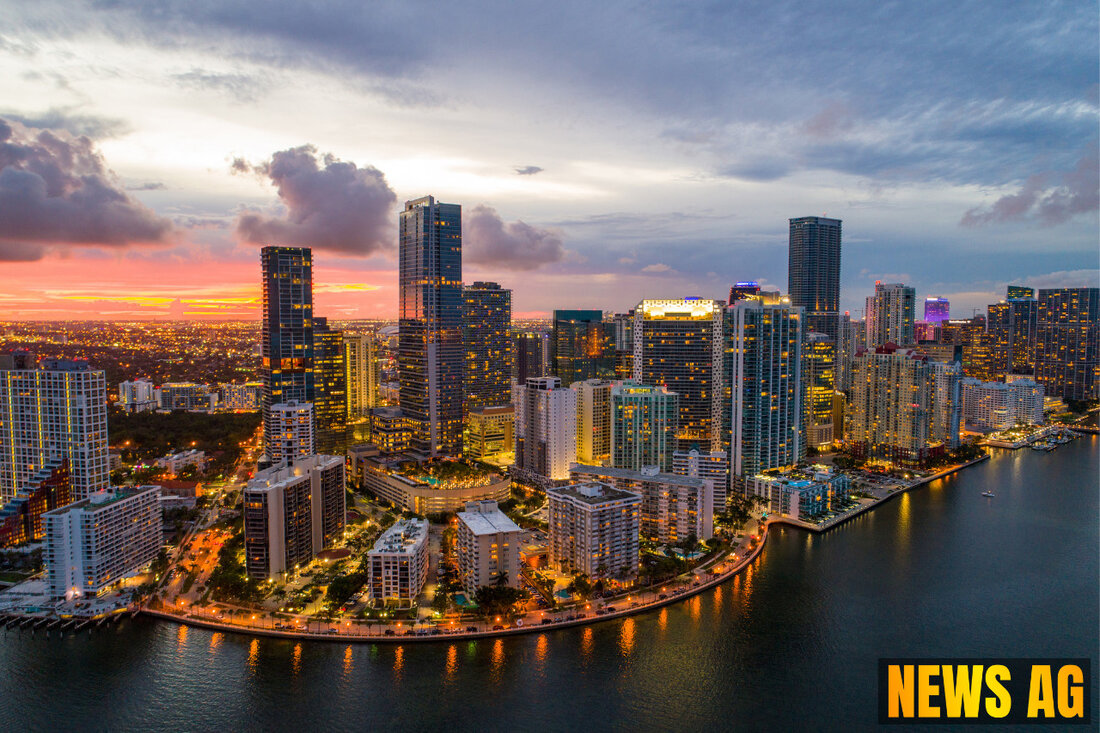Brevard County Faces Disposal Crisis: Can We Save Our Lagoon?
Seminole County faces environmental challenges as Brevard County addresses muck disposal amid concerns over Indian River Lagoon health.

Brevard County Faces Disposal Crisis: Can We Save Our Lagoon?
The picturesque Indian River Lagoon, often seen as the gem of Florida’s coast, is currently in a tight spot. Brevard County officials are grappling with a pressing issue: limited space for disposing of muck extracted from the lagoon. This challenge came into sharp focus during a recent commission meeting where the county’s five commissioners unanimously agreed to explore options for finding private landowners willing to accept muck on their property. Fox 35 Orlando reports that the Grand Canal muck removal project has encountered unexpected hurdles, leading to prolonged operations due to a greater-than-anticipated volume of muck.
This situation has stirred considerable concern among residents living close to polluted canals in Satellite Beach, who are understandably worried about the health of their waterway. In light of these worries, the commissioners expressed their preference to focus on preventing pollution sources rather than just throwing money at clean-ups, reflecting a commendable stance on environmental responsibility.
Cleanup Efforts and Infrastructure Investment
The Grand Canal dredging project, which is a vital part of the broader Save Our Indian Lagoon Plan, aims to improve overall water quality and enhance property values throughout the area. With a hefty budget of $27 million, the project is currently facing delays and cost overruns—it’s now expected to wrap up by mid-2024. Despite these hiccups, anticipation remains high as the project aims to remove an estimated 2.7 million pounds of nitrogen and 590,000 pounds of phosphorus from the lagoon, contributing to healthier marine ecosystems.Florida Today adds that the initiative is part of a larger $586 million plan funded by a half-cent sales tax approved by voters in 2016.
Yet, it’s not only dredging that’s on the table. Environmental advocates have pointed out the need for significant improvements in sewage systems and stormwater management to combat the ongoing pollution issues in the lagoon. Reports highlight that Florida’s nutrient-pollution problem has been years in the making, stemming largely from leaky septic tanks and runoff from fertilizers. This situation has, alarmingly, led to health risks in the lagoon, including the spread of harmful bacteria and terrible algal blooms, which significantly threaten local wildlife. Shun Waste notes that many septic systems in the area are falling apart, which only exacerbates these challenges.
The Bigger Picture
As county officials chart the way forward, the looming question of where to dispose of the muck intensifies. As the natural resources department notes, the current landowners taking on muck are nearing their capacity, and potential new sites are still a topic of ongoing discussions. Moreover, despite the county’s larger goal of ensuring cleaner waters, residents continue to express worries about the impact of overdevelopment on lagoon health.
In the backdrop of ongoing discussions around muck disposal, local citizens are also focused on whether voters might renew or even increase the lagoon tax to support these vital restoration efforts. The pressure is on to ensure a sustainable future not just for the lagoon but for the countless species that rely on it—an effort that will require a community united in its commitment to preserving the lagoon’s natural beauty and ecological integrity.
Ultimately, as Brevard County looks to balance environmental cleanup with proper management of muck disposal, it’s clear that there’s still a long road ahead. However, with determined action and a keen focus on tackling pollution at its sources, there’s a glimmer of hope for restoring the health of the Indian River Lagoon.

 Suche
Suche
 Mein Konto
Mein Konto